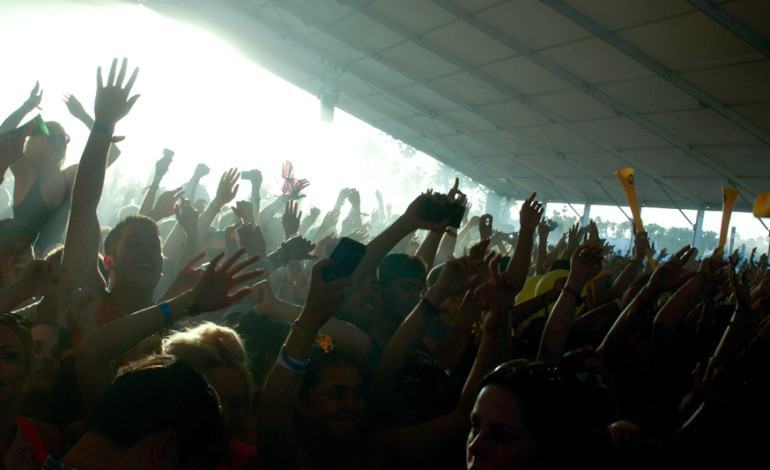
Prime Minister Boris Johnson’s announcement that there will be no new COVID-19 measures introduced in England before January was good news for New Years’ partygoers. However, residents of Wales and Scotland were also urged by government officials not to cross the English border to see in the New Year. England is currently the only country in the United Kingdom that’s allowing nightclubs to remain open as the Omicron variant of coronavirus spreads.
The lack of new restrictions was in part due to the pressure from the hospitality industry to let venues and nightclubs remain open on New Year’s Eve, with Michael Kill, the Chief Executive of the Night-Time Industries Association (NTIA) writing an open letter to Johnson, urging him not to shut down the industry on its typically busiest night.“Let’s not end this year as we did last. End the uncertainty and Let Us Dance on New Year’s Eve,” said the letter, which you can read here.
In the other countries in the UK things are different though as before Christmas, Wales reintroduced its rule of six in pubs, cinemas and restaurants. Large events were also banned, with no more than 30 people allowed at an indoor event and 50 at an outdoor event. The Welsh government also shut down nightclubs and ordered pubs to impose 1-meter social distancing.
Also more recently looking over to Scotland on Boxing Day a limit was imposed on the size of public events including its traditional Hogmanay celebrations. At the moment indoor events are limited to 100 guests standing or 200 seated, with only 500 set to be allowed at outdoor events. Nightclubs were also forced to close from 27 December, while pubs and bars returned to table service only.
However, as there are no travel bans between the countries, some people are expecting there will be an “invasion” of Scottish and Welsh Partygoers. Some reports also suggest hotels in English border towns like Chester, Bristol, Carlisle and Newcastle are already fully booked on New Year’s Eve.
Speaking on BBC Breakfast, Scotland’s Deputy First Minister John Swinney said that crossing the English border would go against the “spirit” of the restrictions, and he would “discourage” anyone from doing so. “I think it is the wrong course of action for people to take because we have a serious situation we have got to manage and we encourage everybody to play their part in addressing that,”
Nick Newman, the chair of the Cardiff Licensees Forum, told The Guardian that there is probably a likelihood of a large number of revelers going from Wales to England so as to avoid the restrictions. He said “It’s 40 minutes from Newport to Bristol and it’s easy to get from North Wales into Manchester or Liverpool, English businesses are going to benefit. We’re hugely disappointed with the stance the Welsh government is taking, especially not presenting the evidence that links the virus to the hospitality industry.”
In addition to this, it would seem like some experts feel the restrictions won’t even help much anyway. University of Brighton virologist, Dr. Sarah Pitt, said the opposing measures across the nations did not make sense and would be unlikely to stop the virus from spreading.
